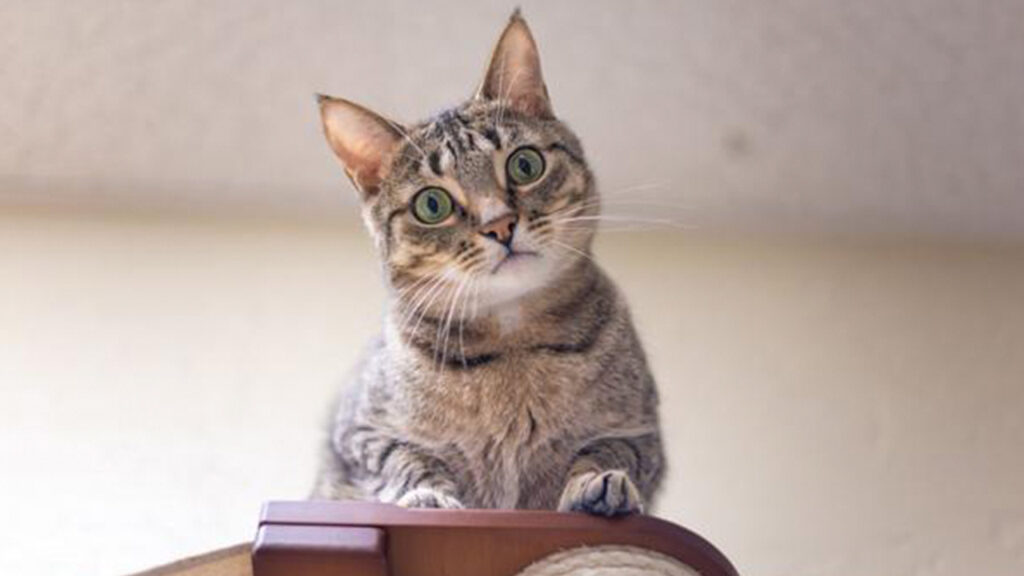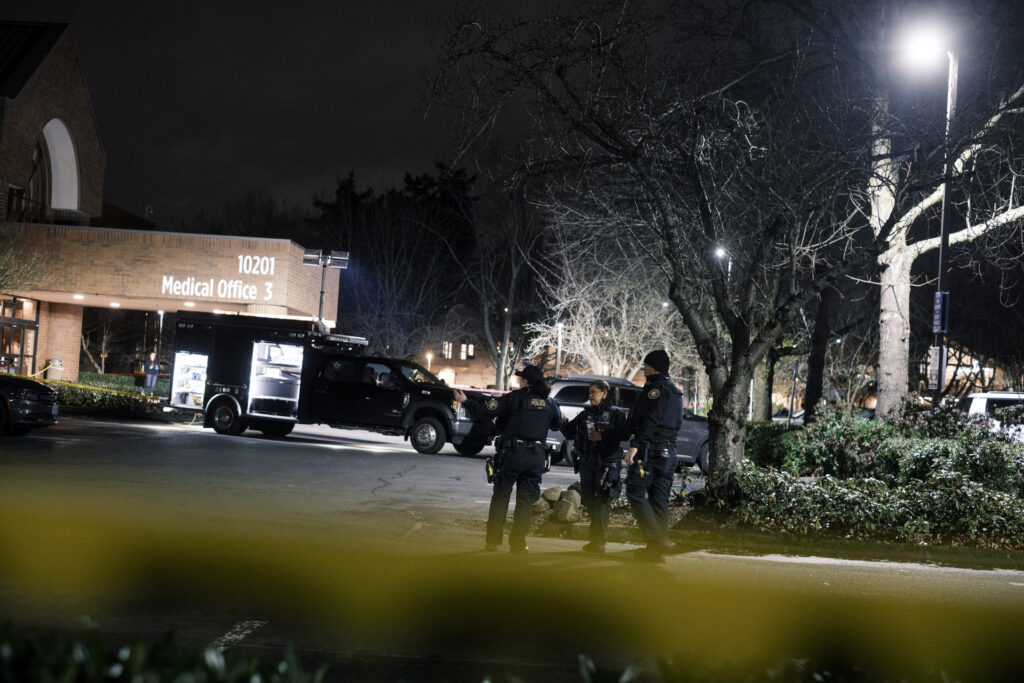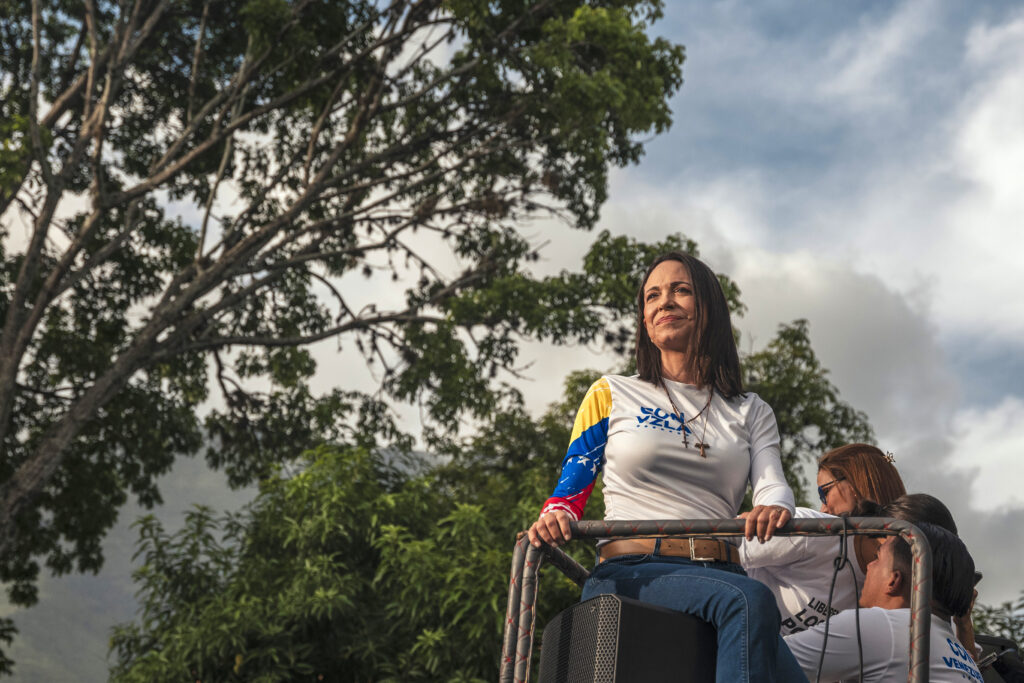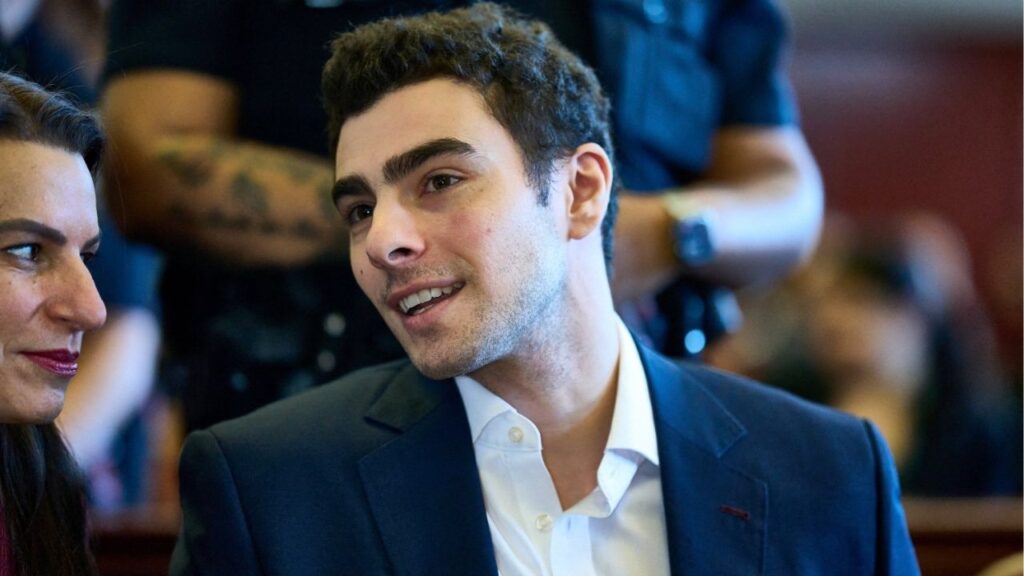Share
NEW YORK — Every year, it’s the same. I return to my childhood home in Phoenix for Passover, my favorite holiday, with my parents, sisters and our family friends, the Zvidas. For a quarter century, the Arbel-Zvida Seder has been my constant.
This year is different. We are all isolated, the dread of death a physical barrier. I’ve never been so anxious in my life. My chest constricts every time I hear a siren.
Amid all the sadness and fear, we made a plan. Everyone cooks what they like. A version of a Haggadah text was emailed. We would sync up via Zoom.
“Hopefully,” my friend Eldan Zvida wrote to me, “it’s the 1 and only zoom Seder we will ever have to experience.”
Would it be just a sad replica of our usual meal, with his mom’s brisket and the dozen-plus salads and sides made by her, my mom and my sisters and me? We wouldn’t all be able to hug each other hello, laugh at the squirming babies, sing my favorite song at meal’s end when we’re all a little bit drunk. “Echad Mi Yodea” gets longer with each verse and leaves us all gasping for breath by the end as we pound the table in time.
Wednesday turned out to be the most Passover of Passovers I’ve ever had.
I “went” to not one, not two, but three virtual Seders; I baked matzah — unleavened bread crackers — for the first time in my life. (It was good! I don’t think it was actually kosher, because it took me longer than 18 minutes and I added rosemary and oil to the flour and water, but God will forgive me.)
First, around noon New York time, I Zoomed into my Israeli family’s dinner. It was a chaos of screaming children from my three cousins’ homes, while my aunt and uncle had their meal alone. One cousin took us with him into the bathroom while he gave his crying toddler a bath; another’s husband turned off the video and forgot to turn it back on.
It was beautiful.
We Read Some Blessings, Put the Fruit Paste on Matzah and Dipped Parsley in Salt Water
In the evening, as I was dropping the matzah balls into their soup, I hopped into a huge Seder hosted by the family of my grandmother’s dear friend Claire, a ninetysomething Holocaust survivor. The audio was a bit patchy and I was distracted with cooking, but I hung out for a few minutes.
Then it was time for the main event. My sister Yael walked over from her apartment, three miles away, a calculated risk. I set the table with my grandmother’s china. The seder plate, a serving platter from her china, had Chinese fried shallots instead of a shank bone, fig jam rather than charoset, and horseradish-flavored mustard instead of actual horseradish. More importantly, there was plenty of alcohol.
There were technical problems, yes. It took half an hour for everyone to make it to the Zoom. When we were assembled, there was a semblance of a structure. We read some blessings, put the fruit paste on matzah and dipped parsley in salt water.
What was not normal? We sang songs out of order, drank whenever we wanted rather than to the Haggadah’s schedule, showed each other our separate tables, took a minute to say what we were thankful for — each other, technology, and love. My sister Dana’s dog and my cat sometimes took over our screens. On New York time, Yael and I got hungry and started eating while the others waited. The Zvida grandkids in Phoenix turned on “The Lion King.”
In all, we were together for an hour and 45 minutes. My chest pain evaporated. I was the happiest I’d been in weeks.
RELATED TOPICS:
Categories
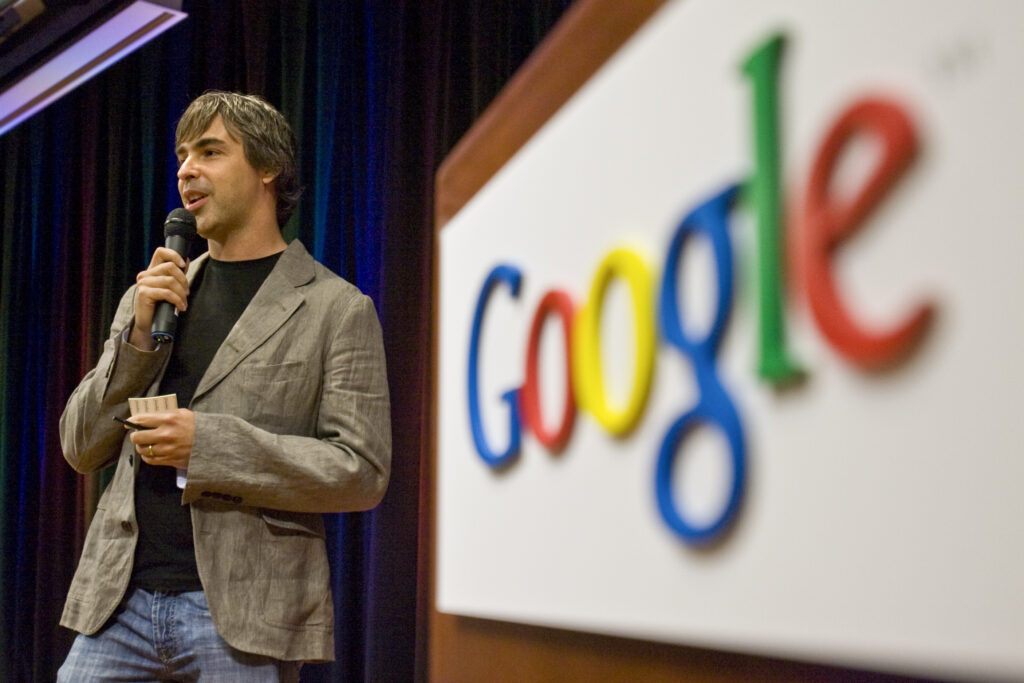
Google Guys Say Bye to California
